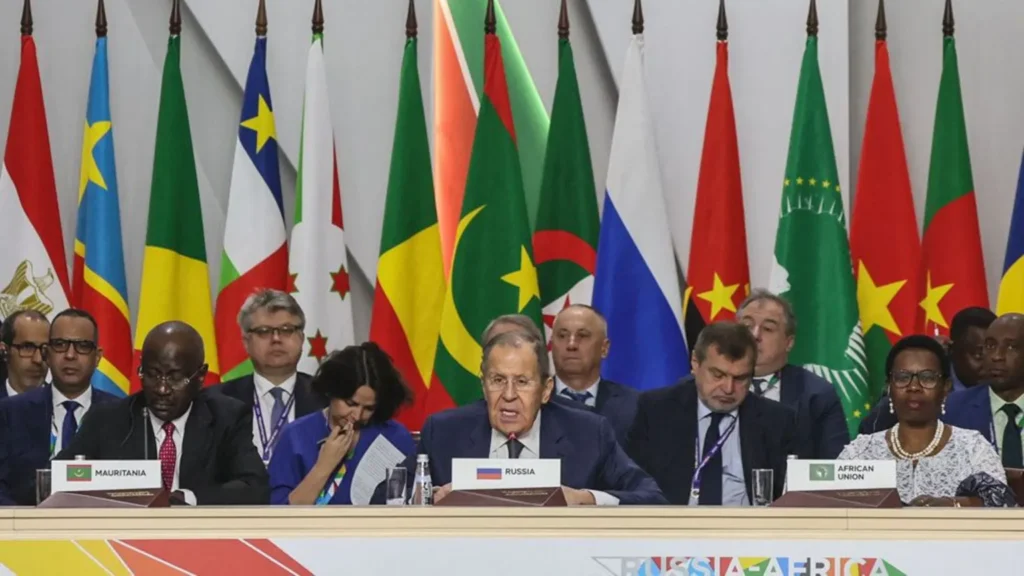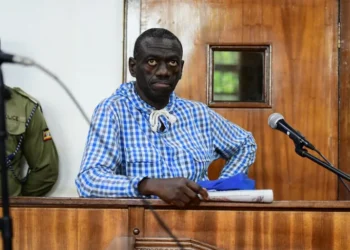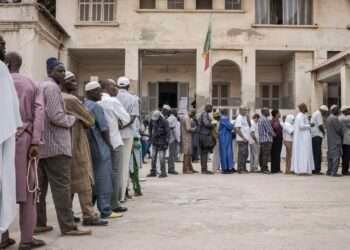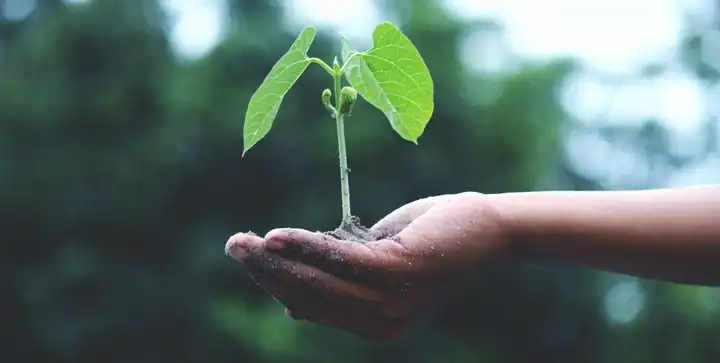In a powerful message delivered at a summit in Sochi, Russian President Vladimir Putin pledged unwavering support for Africa in areas ranging from counter-terrorism to sustainable development.
His speech, read by Russian Foreign Minister Sergei Lavrov, resonated with African leaders seeking alternatives to traditional Western alliances.
Several nations in Africa, facing frequent jihadist insurgencies, are moving away from Western powers and turning to Moscow. Burkina Faso’s Foreign Minister Karamoko Jean-Marie Traoré underscored this shift, saying, “Russia was a more suitable international partner than the former colonial power, France.”
The sentiment is echoed by Mali’s Foreign Minister Abdoulaye Diop, who described Russia’s approach as a “sincere” partnership in contrast to the “neo-colonial” tactics of Western powers.
Military Partnerships and Economic Ventures
Mali has not only partnered with Russia for military assistance but is also expanding cooperation in sectors such as energy, telecommunications, and mining.
Diop emphasized, “Russian companies are working in all these areas with the Malian government and [private] partners … to provide solutions to the challenges facing the Malian people.”
The use of Wagner mercenary forces, now operating under the rebranded Africa Corps, reflects the military-centric nature of these relationships. These troops were welcomed by military-led governments in Burkina Faso, Mali, and Niger, which had previously pushed out French and UN peacekeeping forces.
Though Wagner’s presence has provided some protection to junta leaders, their effectiveness against Islamist militancy has been limited.
Despite these challenges, Russian officials are celebrating the bolstered ties. Lavrov asserted that relations with Africa are growing “more and more”, demonstrating progress “on all axes.” Russian Foreign Ministry spokeswoman Maria Zakharova claimed the summit shattered Western expectations of Russia’s isolation. Putin’s speech reinforced Russia’s commitment.
“I would like to reiterate that our country will continue to provide total support to our African friends in different sectors: ensuring sustainable development, the struggle against terrorism and extremism, combating epidemics, food problems and the consequences of natural disasters.”
President Vladimir Putin’s speech

The European Union’s special representative for the Sahel, Emanuela Del Re, acknowledged the complexities of these shifting alliances. While noting that Russia was “certainly a very malicious actor,” she explained that historical ties between Moscow and African nations predate their independence, creating a strong foundation for collaboration.
Del Re pointed out that Africa’s partnerships extend beyond Russia, involving players such as Saudi Arabia, Turkey, and Iran, as well as EU member states and the UK. “It’s largely a desert but in reality, the region is very crowded,” she said, highlighting the competition for influence in the Sahel.
Nuclear Energy and Education Initiatives
Rwanda exemplifies Africa’s pragmatic approach to diversifying partnerships. The nation, which maintains strong ties with Western countries, has also signed agreements with Moscow to develop nuclear energy infrastructure.
Rwandan Foreign Minister Olivier Nduhungirehe remarked, “We hope to be able to train a certain number of scientific managers specializing in this field,” noting that hundreds of Rwandan students had graduated from Russian universities, including those with expertise in nuclear science.
However, promises of economic growth and increased trade remain mixed. Although Putin pledged five years ago to double trade with Africa, that target has not been met. However, through alternative strategies, often perceived as destabilizing by Western observers, Russia’s influence on the continent has expanded significantly.
The Path Forward for Africa and Global Players
Del Re argued that this is not a time for the EU to disengage from nations like Burkina Faso, Mali, and Niger, which have faced political upheavals. Rather than treating the situation as a geopolitical contest, she emphasized, that Europe and other global actors must maintain engagement with Africa.
As African nations continue to recalibrate their alliances, the region’s evolving partnerships signal a broader shift that will shape the future political landscape. The outcome of these collaborations, whether fostering stability or deepening divisions would be seen in the future.
READ ALSO: Chief Justice Directs Reopening of 4 Courts in the Upper East Region





















